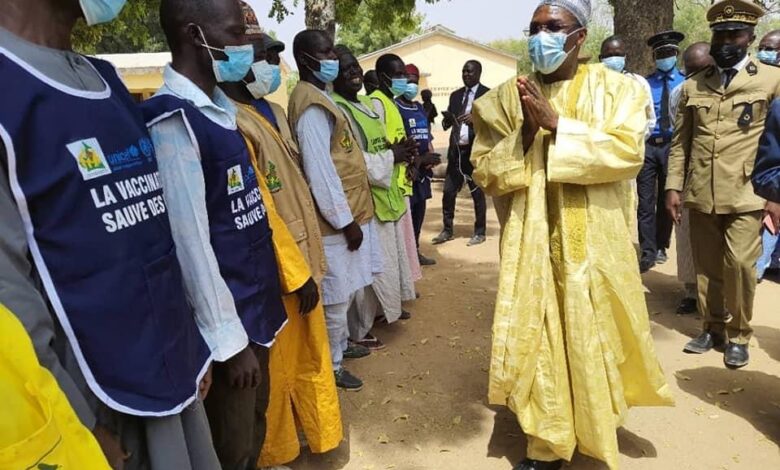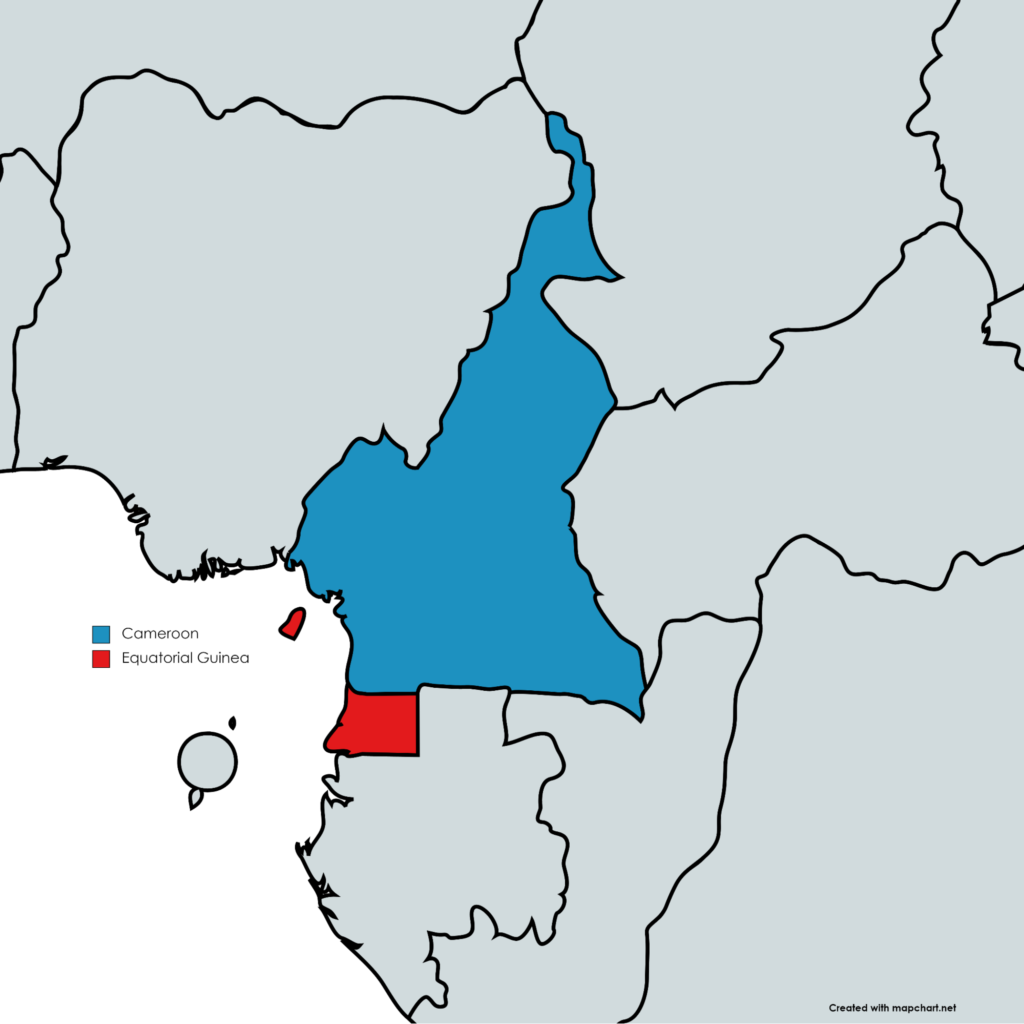Cameroon Panics As Unidentified Disease Kills 20 In Neighbouring Equatorial Guinea
The strange outbreak announced in Kie Ntem, a province in Equatorial Guinea, has pushed Cameroonian authorities to shut the borders.

Kié-Ntem, a community in Equatorial Guinea, is under strict observation from epidemiologists worldwide. Being 270 kilometres from Cameroon’s Olamze district in the South region, an announcement of an unidentified disease outbreak in the locality has caused worry in Cameroon.
The health chief of Olamze, Dr Ngu Fankam Roland, warned citizens in a press release that the disease has already killed at least 20 persons in Kié-Ntem.
He described patients with the illness as having fever, nasal haemorrhages, joint pain, and other signs that lead to death within hours. He noted that the disease is transmitted by direct contact and warned people to be cautious.
His outing was immediately followed by a communiqué from the Minister of Public Health, Manaouda Malachie, who announced that local administrators in the area had stopped movements along the border. He instructed health workers to immediately report and isolate suspected cases.
Cameroon, with the help of experts from the World Health Organisation and Atlanta Centre for Disease Control, is carrying out investigations in the risk areas in collaboration with Equatorial Guinea.
Manaouda further warned denizens to avoid touching dead animals and upgrade their hygiene.

Equatorial Guinea is close to Cameroon through its South and East borders.
Equatorial Guinean media, AhoraEG, has reported three persons are already in quarantine at the Ebebiyin Hospital. Ebebiyin and Nsok-Nsono are the two districts affected in the country.
The health authorities in Equatorial Guinea reported the outbreak on Feb. 7. On Friday, Health Minister Mitoha Ondo’o Ayekaba said over 200 people in two villages, who were not showing symptoms, had been quarantined to prevent its spread. He said the people who died had attended a funeral ceremony.
“We are trying to quickly as possible rule out the known hemorrhagic fevers we know in the region such as Lassa or Ebola,” Ayekaba told Reuters.
Support Our Journalism
There are millions of ordinary people affected by conflict in Africa whose stories are missing in the mainstream media. HumAngle is determined to tell those challenging and under-reported stories, hoping that the people impacted by these conflicts will find the safety and security they deserve.
To ensure that we continue to provide public service coverage, we have a small favour to ask you. We want you to be part of our journalistic endeavour by contributing a token to us.
Your donation will further promote a robust, free, and independent media.
Donate HereStay Closer To The Stories That Matter




